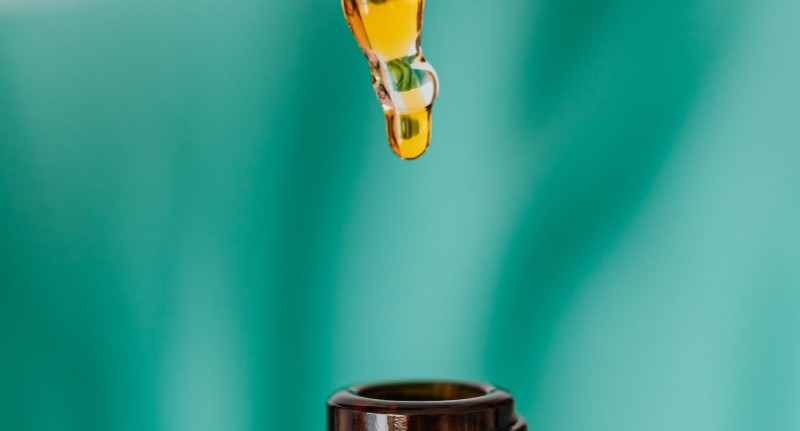At first look, CBD's legality among normal customers appears puzzling. Can you ship it across country strains? Drive with it? Give it to your youngsters?
But all you eating place owners accessible in all likelihood have a greater unique question in your minds: can CBD be used at your restaurant?If you want a blog post on CBD, then you can choose our platform and you can post your blog in the Write For Us CBD category.
There's no simple solution. The legality of offering CBD along with your restaurant's other offerings has to do with where you live, what you serve, and how your CBD is marketed. In this text, we will be going over the entirety you need to understand approximately the topic — consisting of information on the variations between hemp, CBD, and THC, and how you are probably able to use CBD while nonetheless playing it securely.
Is CBD a felony?
In a word, sure. CBD is more felony than it has ever been! So is the low THC CBD flower. The first seasoned-CBD Farm Bill was handed in 2014, and due to the fact that then CBD's retail market has taken off, in large part free from any kind of felony interference. 2018's Federal Farm Bill has benefited hemp's cause even similarly. As long as CBD merchandise include .Three% THC or much less, they are categorized as "industrial hemp" and therefore completely criminal.
Even now, there is probably one exception to CBD's felony status. When you upload CBD to meals or liquids, its legal designation modifications and it turns into difficulty to the oversight of the FDA. And the FDA, greater than maximum different authorities corporations, has had a tough history with cannabinoids.
We'll start with the coolest news: the FDA is currently clarifying their stance on the use of CBD as a meal element.
Here's the horrific news: they're taking a very, very long time to do it. And within the interim, cannabis-derived compounds like CBD can't be advertised based on fitness claims. Per the FDA itself:
"FDA is aware that a few corporations are advertising products containing cannabis and cannabis-derived compounds in approaches that violate the Federal Food, Drug and Cosmetic Act (FD&C Act) and which could place the health and protection of consumers at risk."
According to the FDA, adding such compounds to meals is illegal….With one principal exception:
"There are exceptions, including while the drug became marketed in meals before the drug became accredited or before the good sized scientific investigations regarding the drug have been instituted."
The FDA is going on to mention that this exception doesn't apply to CBD — even though CBD was indeed marketed in ingredients earlier than the approval of CBD-based totally capsules like Epidiolex. If this all feels a touch technical, let us give an explanation for: adding CBD into meals falls into a criminal gray region. It all depends on who is deciphering the regulation.
Even the FDA itself has admitted that there are a few loopholes of their criminal interpretation. The FDA, for example, is a federal employer, because of this its authority over intrastate trade is constrained.


